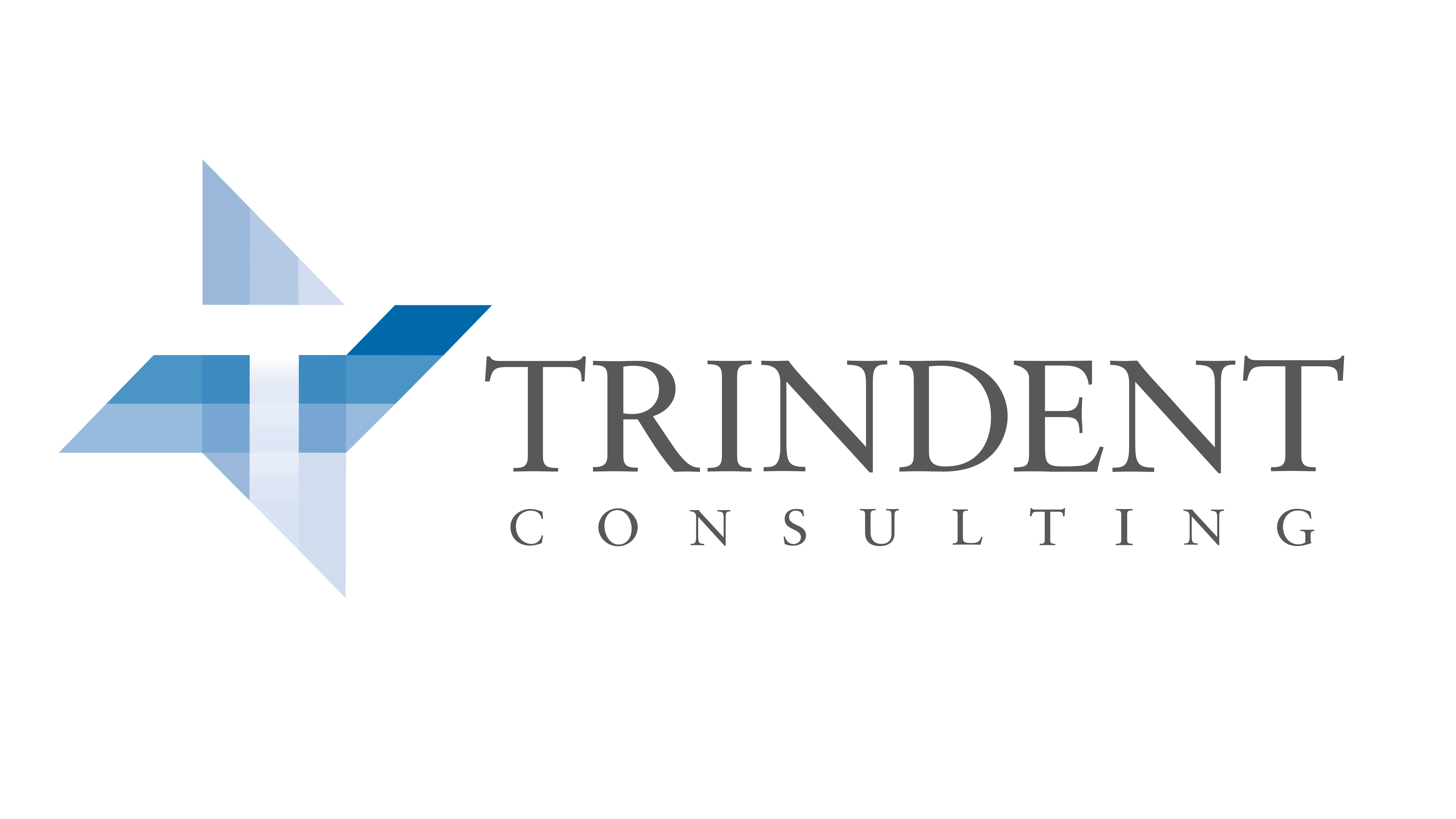By Adrian Travis, President
When I meet with executives, the notion of ‘the right timing’ frequently comes up as a question as part of the scoping and structuring process. While there’s never a convenient time to undergo an intensive consulting project that is going to challenge staff and drive business results, there are some relatively good pointers that I can provide. In deciding when to engage in a consulting project, an executive’s prime consideration should always be maximizing the likelihood of a project’s success.
First, a good question to ask is whether your consulting partner has the right people available. Often projects generate sub-optimal returns because a client is in a rush to meet an artificial deadline, or feels pressured to engage by certain point in time – to placate upper management, to meet the constraints of a particular fiscal year, for example. Take the time to ask your consulting partner when the ‘best possible’ staffing scenario would be from their perspective. The relationship should be a two-way dialogue. You should seek to have not only the most seasoned consultants on your project, but also the ones who are motivated and would enjoy the particular consulting assignment. If a consultant is slightly out of their element, or might not be a match for the particular working culture, or geographic location for the project, you can expect lesser results. Be wary of any consultancy that can accept a project on short notice. Strong consultancies have good people and a backlog of work, and typically book their teams three to six months ahead – because there is demand for their expertise. You wouldn’t trust a roofing or plumbing contractor who could start work immediately, would you?
Second, steer clear of starting a consulting engagement in the summer, or immediately preceding the holiday season. While most workplaces never stop, there are some periods of time in the calendar year that significant involve staff vacations, and may slow the pace of delivery on any consulting project. Consulting teams need unfettered access to your staff, and enough people in the workplace to get things done. Also consider the vacation schedules of the consultants staffed to your project – ideally they should be focused on the project.
Third, ensure the setup is done right. A well-run consulting project involves advance data collection, nuanced stakeholder communication, and ensuring that there’s a very clear set of operational and financial objectives for the project. Part of this process is meeting with your consulting partner enough so that there is a clear understanding of the particular problem, and your business objectives. Always ensure that your staff are thorough and careful in providing the right data and information.
The makings of a successful consulting project are rooted in good preparation. If you ensure there’s a good project team on your assignment, ensure that your people are 100% available and engaged in the process, and there is enough time for proper setup and diligence, you stand a much greater likelihood of a resounding success.


